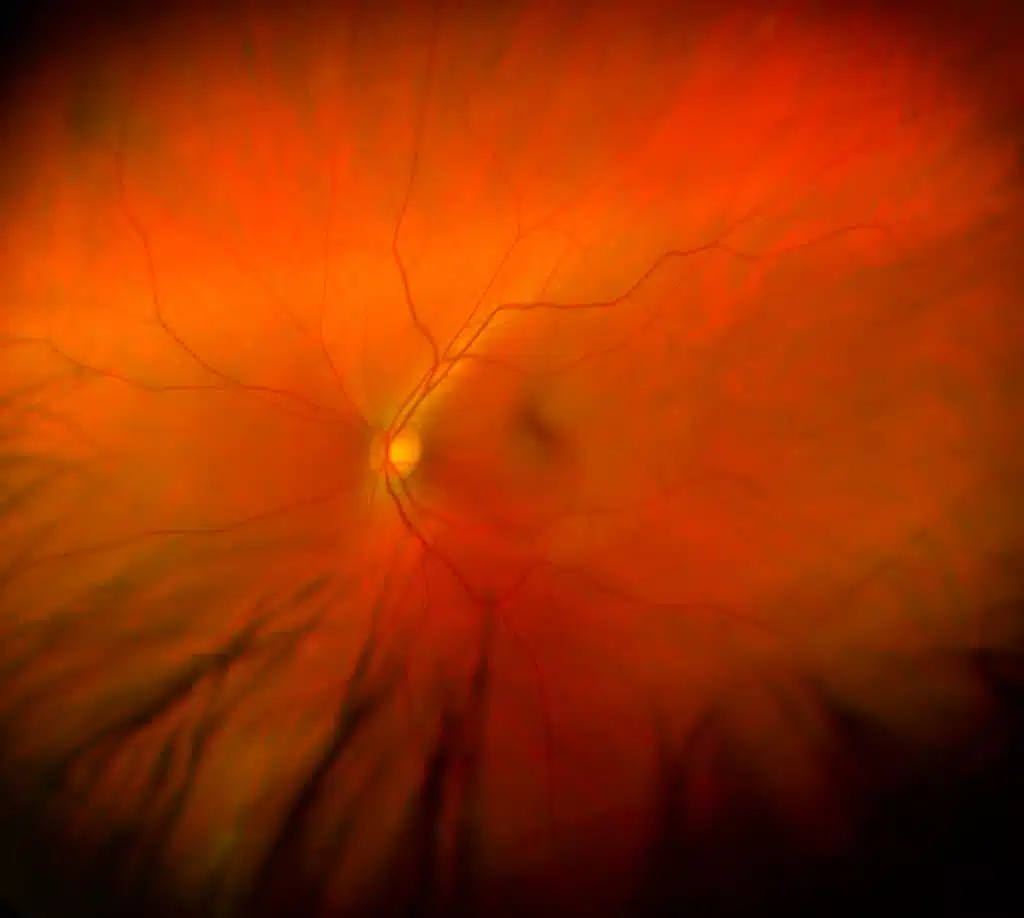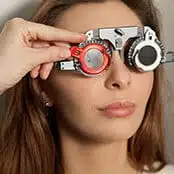
High blood sugar levels associated with diabetes can lead to a number of eye problems, primarily causing damage to the retina at the back of the eye. The retina is a thin layer of delicate tissue that lines the inside of the eye. It contains millions of light-sensitive cells and nerve cells that receive, organize, and transmit visual information to the brain via the optic nerve, which enables us to see.
In order to function correctly, the retina requires a constant supply of blood which it receives through an intricate network of tiny blood vessels. If the retina or blood vessels become damaged, which can happen through high blood sugar, it can lead to permanent sight loss.
A diabetic eye exam should be carried out regularly for those with diabetes. The eye doctor will check for diabetic eye problems in their early stages before they affect vision and lead to long-term damage.
People with diabetes are vulnerable to developing diabetic retinopathy. Let’s talk about what diabetic neuropathy is, what is involved in a diabetic eye exam, and where you can go for world-class eye care here in the greater St. Louis area.
What Is Diabetic Retinopathy?
Diabetic retinopathy is a complication of diabetes that causes deterioration of the blood vessels that supply blood to the retina. The condition usually occurs in both eyes, and it is a leading cause of blindness in the United States.
Diabetic retinopathy often presents few to no obvious symptoms in its early stages; however, as the disease progresses, or if bleeding occurs, it can cause impaired vision. Symptoms can include blurred or patchy vision, eye pain or redness, and eventual sight loss. Glaucoma can also be a complication if retinopathy develops. A complete, dilated-eye examination can detect diabetic retinopathy.
Comprehensive Diabetic Eye Exam
A comprehensive dilated eye exam is used to check for diabetic eye problems and to diagnose diabetic retinopathy. During the exam, your eye doctor will place special drops in the eyes to dilate the pupils and to allow a better view inside your eyes. (The drops may cause temporary vision problems until they wear off.)
You’ll then be asked to look into a camera, which will take pictures of the inside and back of your eyes. The purpose of the eye exam is to look for:
- Blood vessel abnormalities
- Swelling, fatty deposits, or blood in the retina
- Bleeding in the vitreous (a clear, jelly-like substance inside the eye)
- Development of new blood vessels and scar tissue
- Retinal detachment
- Abnormalities in the optic nerve
During the eye exam, your eye doctor may also test your vision, look for evidence of any cataracts, and measure your eye pressure to assess for glaucoma.
Diabetic Eye Care in St. Louis, MO
If you have diabetes, it is very important that you receive regular eye exams to make sure your vision is healthy. For comprehensive diabetic eye care, visit the board-certified ophthalmologists at Advanced Sight Center. We use innovative diagnostic examinations to pinpoint diabetic eye disease at its earliest stages, which is when treatment is most effective. If you require specialized care for diabetic retinopathy, come and see our retinal specialist, Dr. R. Joseph Olk.
If you have any questions or would like to schedule an appointment, contact us today at our Washington office at (636) 239-1650, or fill out our appointment request form online now. We look forward to seeing you!



